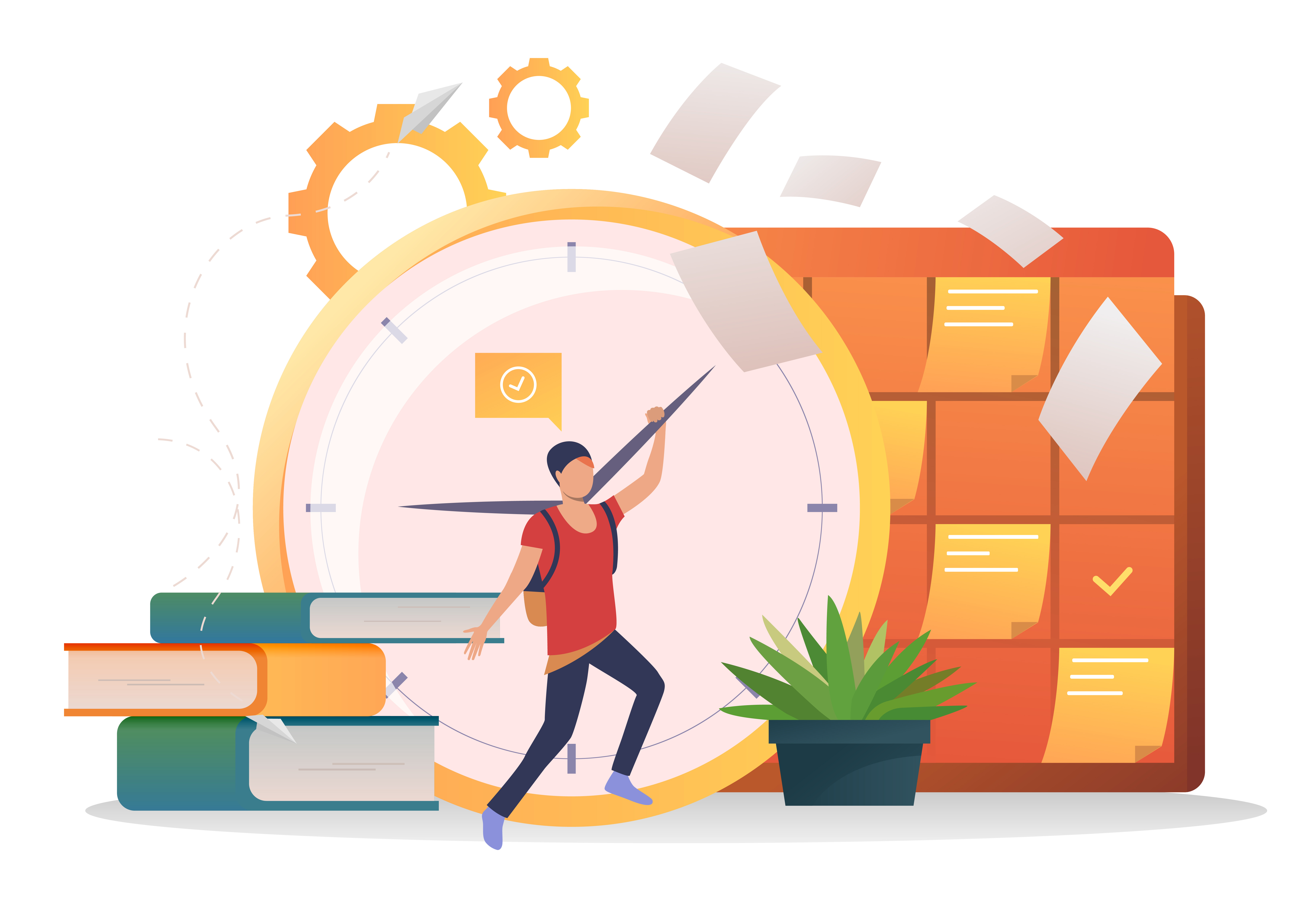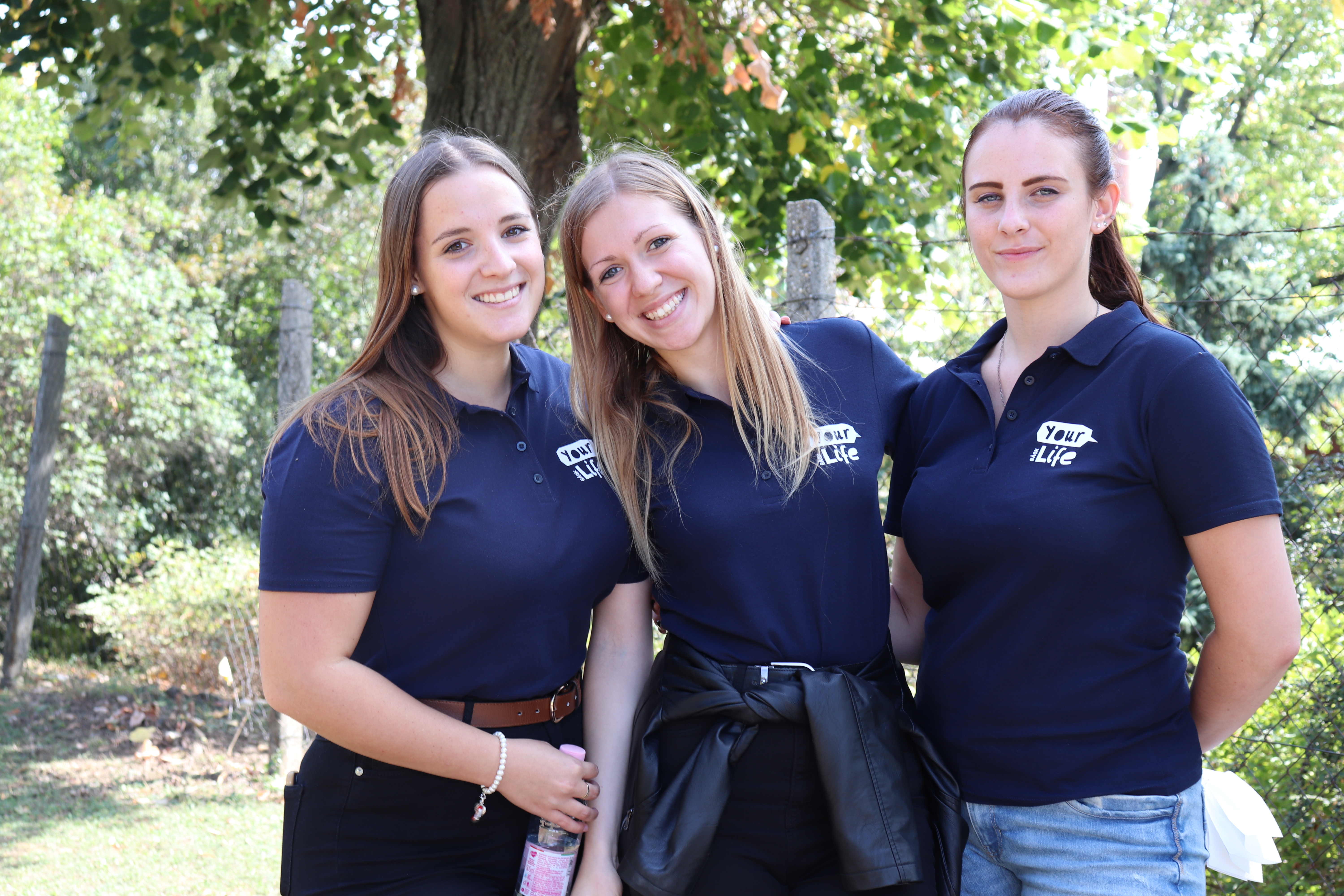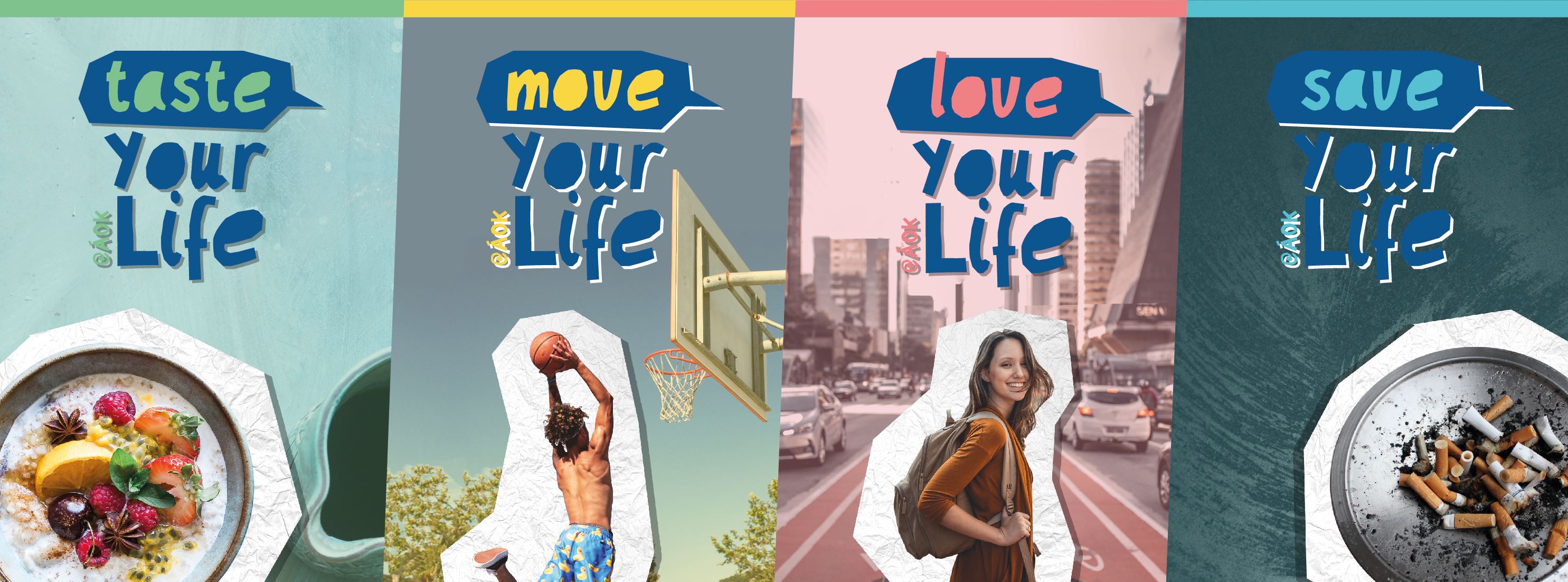An effective way to increase your creativity

Recently, it has been proven that multitasking reduces our productivity. However, there is a form of multitasking that, according to evidence, increases creativity and problem-solving efficiency. This is “slow multitasking”.
We think of multitasking as texting while driving or e-mailing while having dinner, i.e. paying attention to several things at the same time. Although some people are proud of being able to concentrate on several things - or at least they think they can- recently, it has been proven that it reduces our productivity and can even have a harmful effect on our cognitive functions if we have to pay attention to several things at the same time.
However, there is a form of multitasking that, according to the lecturer's own opinion and the presented examples and evidence, increases creativity and the efficiency of problem solving. This is "slow multitasking", which essentially means long-term multitasking. Psychologist Bernice Eiduson examined 40 outstanding scientists (including Nobel laureates) and determined that in their first one hundred studies they changed topics an average of 43 times (!), and according to other studies, successful researchers often work on several tasks paralel during a certain time period. This "Period" can mean years or decades, for example, Darwin studied earthworms for 44 years, and as a summary he wrote his last scientific work shortly before his death ("The Formation of Humus by the Activity of Worms"), but during that time he also dealt with systematics and botany, among other things. and he created his theories on evolution, natural selection, and the origin of man.
Why can working on multiple fields simultaneously (or interms of everyday life, pursuing a serious hobby) enhance our creativity? It is possible to adopt an idea from one area and apply it in another area of work or research in a new, unusual context. It may also play a role that if we learn to engage in one thing in great depth, it may develop skills that may subsequently help us solve other kinds oftasks or problems. We may also get stuck solving a task. Focusing on something else for a while, helps empty our brain for being able to concentrate on the original task again, and the right solution may often suddenly appear in this vacant space.
So, let's free our creativity, be brave to engage in mulitpletasks paralel, we don't need to focus on just one and retreat into hermitage. It’s essential, however, to slow down!
Source
Tim Harford: A powerful way to unleash your natural creativity
If you are not yet familiar with TED lectures , you can search www.ted.com-whereyou can find severla lectures on a variety of topics ranging from more serious, scientific ones to shorter talks on more popular topics. Most videos have Hungarian subtitles available. One of my personal favourites is „How to tie our shoelaces ” , a short 3-minute piece.


